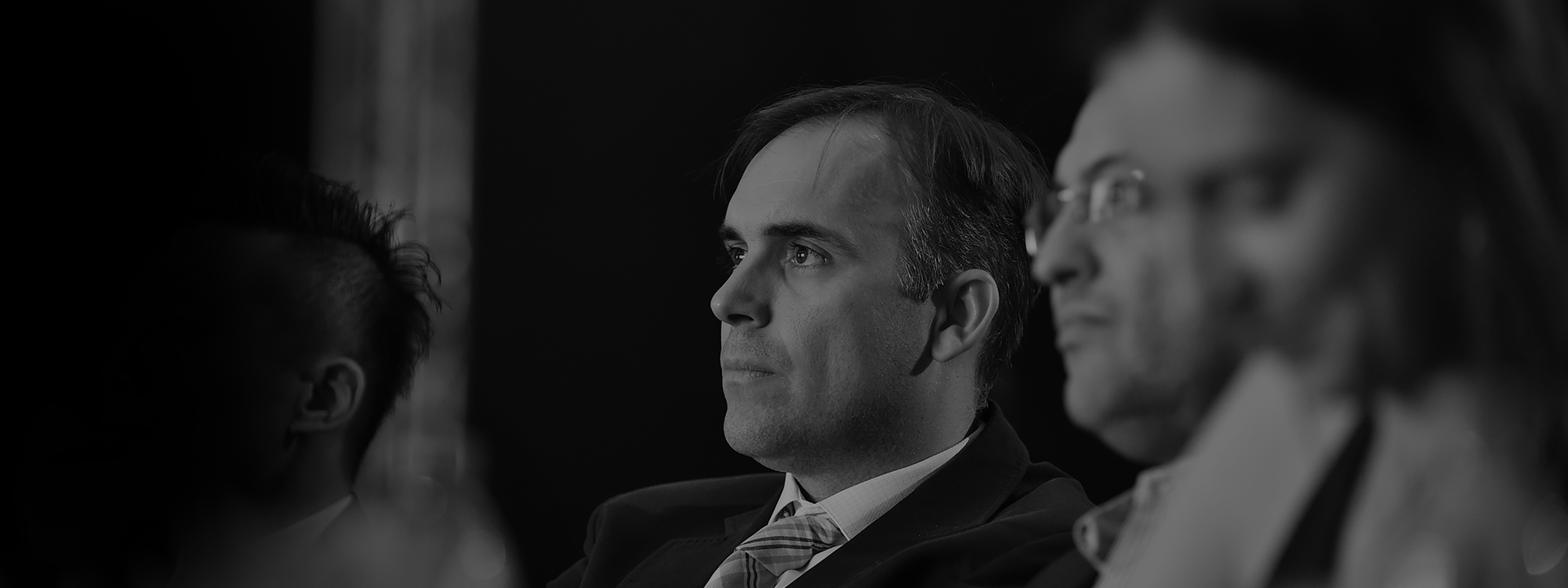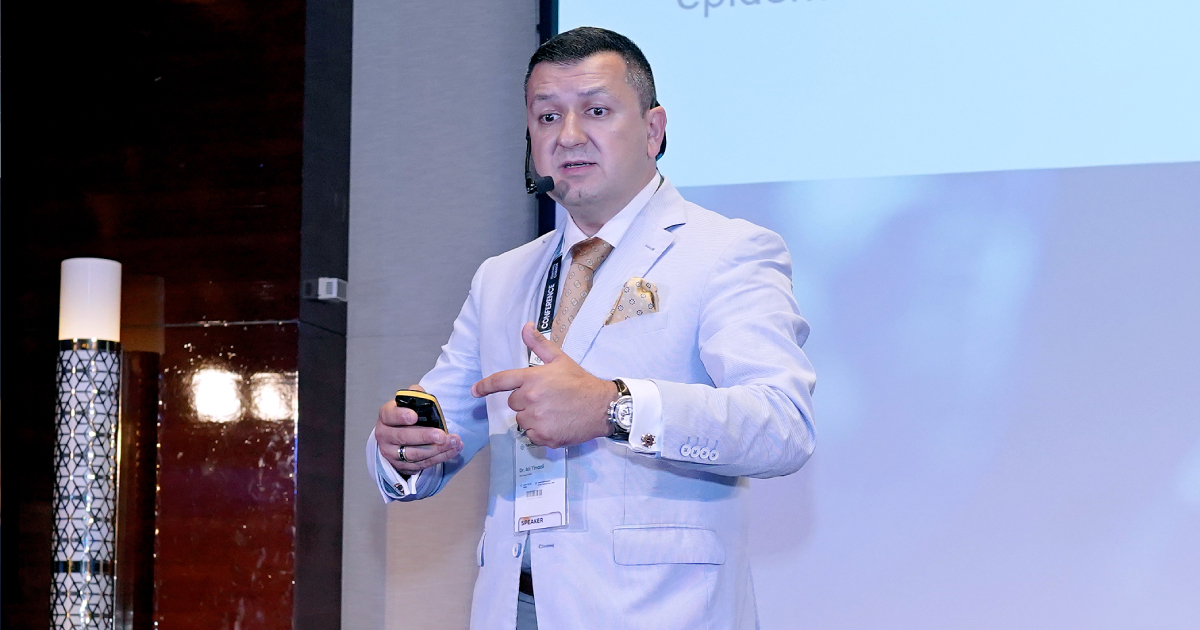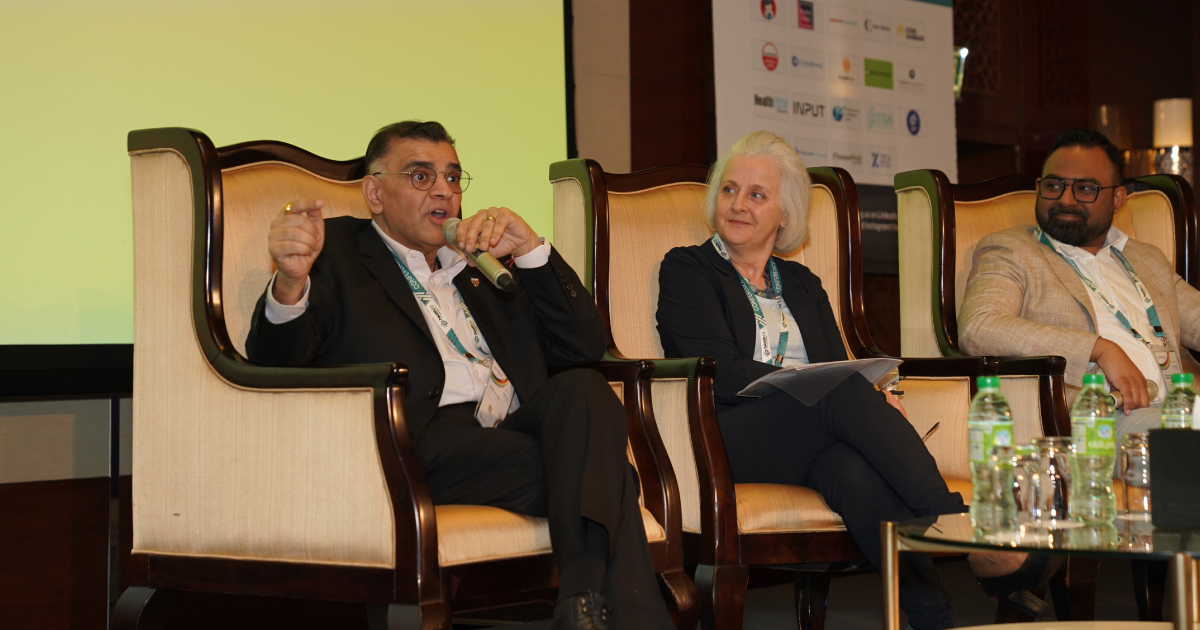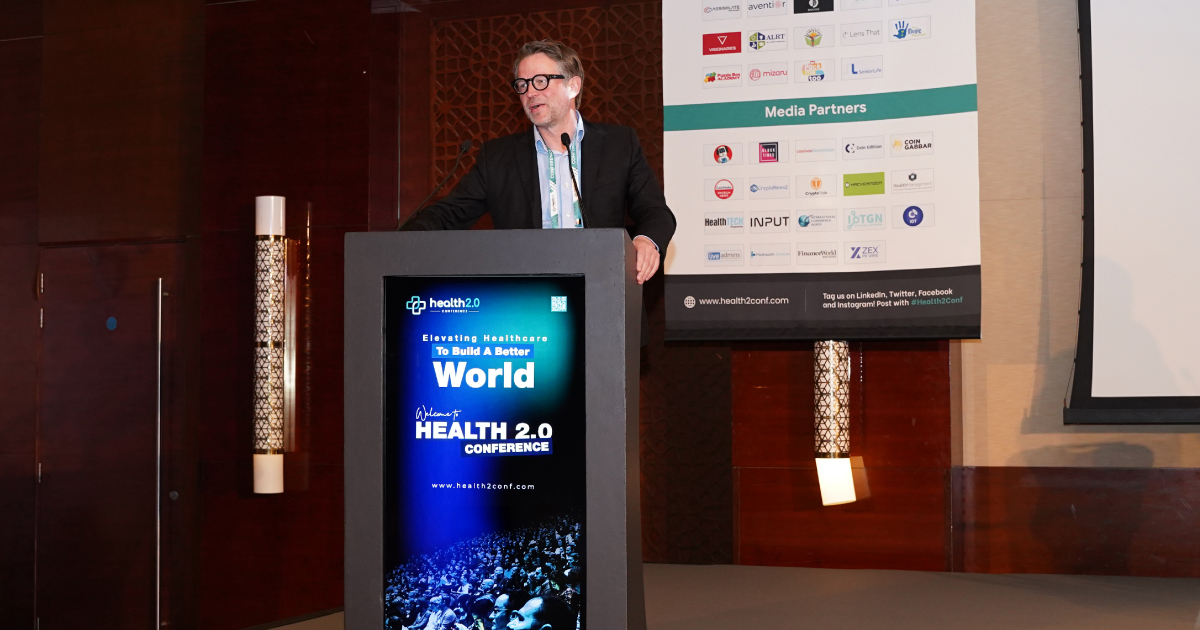While not all people with diabetes experience anxiety, if you do, it’s important to understand that there could be a link between your two conditions. Diabetes has been shown to lead to anxiety, and anxiety can worsen existing symptoms of diabetes. This blog explores the connection between these two common health issues and how each condition can exacerbate the other, so you can get the proper treatment for both issues.
Despite being a controllable condition, diabetes can add to stress. Concerns about constantly calculating carbohydrates, monitoring insulin levels, and considering long-term health may arise among diabetics. Nevertheless, these worries might intensify and cause anxiety in certain diabetics.
Consistently, studies have found a high correlation between anxiety and diabetes. According to one study, Americans with diabetes had a 20% higher risk of being diagnosed with anxiety than people without the disease. It also showed that young individuals and Hispanic Americans were disproportionately affected by this.
Experts at the top healthcare events in 2022 emphasized a connection between blood sugar and anxiety and stressed the need to go deeper into this issue. Low or high blood sugar levels can mimic anxiety symptoms or exacerbate preexisting anxiety. Shared symptoms include shakiness, a rapid heartbeat, impatience, nausea, difficulty concentrating, and fear.
Some people may also feel anxious about controlling their blood sugar levels, especially those with diabetes. This may seem like a persistent, crippling fear of hypoglycemia or excessive worry about controlling your condition.
Diabetes And Anxiety Interact In Other Ways
Anxiety can occur in people with diabetes for various reasons. As discussed at the Health 2.0 Conference , it can be very frightening to experience a low blood sugar episode, which can entail anything from confusion and shakiness to nausea, loss of consciousness, and seizures. Therefore, it is likely that some diabetics also experience worry connected to the possibility of having a low blood sugar episode—instead of only as a physical response to low blood sugar levels.
Because of this anxiety, researchers and medical professionals frequently refer to it as "fear of hypoglycemia" (FoH). According to the discussions at the Health 2.0 Conference, those with diabetes who have a history of moderate hypoglycemia had higher FoH.
Stress Regarding Diabetes Management
When you have diabetes, controlling your blood sugar and other elements of your health can be time-consuming, unpleasant, and anxiety-inducing.
A home finger prick test is typically used to monitor blood sugar in diabetics. Anxiety can be brought on by a dread of needles and a worry about the outcomes.
According to a study, 33% of diabetics report having anxiety when using the finger prick method to test their blood sugar. In this study, 30% of diabetic patients reported having generalized anxiety due to managing their condition.
Other diabetes control issues may also cause stress and worry. This entails checking for kidney impairment, diabetic retinopathy, nerve damage, sluggish wound healing on the feet or limbs, and other conditions.
Symptoms Of Anxiety With Diabetes:
Although each condition has its own unique symptoms, common anxiety signs include:
- Anxiousness, agitation, or tension
- Sensations of dread, fear, or danger
- Quick heartbeat
- Hyperventilation or rapid breathing
- Increased or profuse perspiration
- Muscular trembling or twitching
- Sluggishness and weakness
- Having trouble concentrating or thinking coherently on anything but the issue you're worrying about
- Insomnia
- Digestion or gastrointestinal issues such gas, diarrhea, or constipation
- A strong want to stay away from the things that make you anxious
- Preoccupation with certain concepts, a symptom of OCD
- Repeatedly engaging in specific actions
- Anxiety related to a specific past experience or occurrence in life (especially indicative of PTSD)
Final Thoughts
Although there is a connection between blood sugar and anxiety, its exact direction is unknown. Due to similar biochemical mechanisms that occur in the body, high/low blood sugar symptoms are comparable to anxiety symptoms. As stressed earlier at the Health 2.0 Conference’s Las Vegas edition , anxiety can also be influenced by psychological, emotional, and environmental aspects of managing your diabetes.
If you are worried about your blood sugar, anxiety, or both, consult your doctor. You can develop a comprehensive strategy that addresses the causes and symptoms of your anxiety and low blood sugar.













